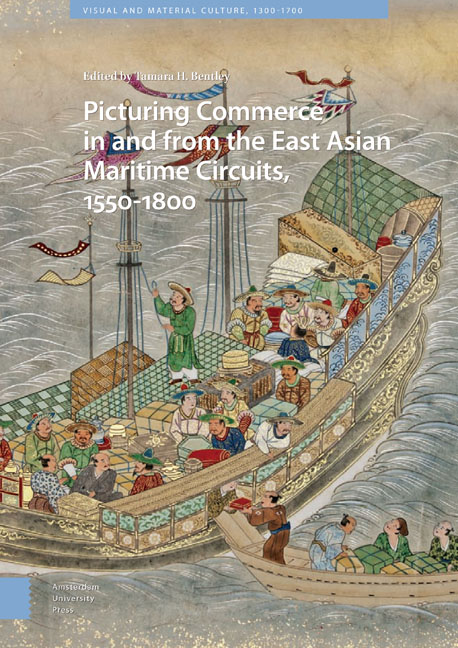8 - The global keyboard: Music, visual forms, and maritime trade in the early modern era
Published online by Cambridge University Press: 25 November 2020
Summary
Abstract
The circulation of musical culture reflects the broader economic, social, and political trends that emerged through maritime trade during the early modern era. Two examples of the connection between musical forms and early modern global encounter would be the global diffusion of specific musical instruments such as harpsichords and clavichords, and the spread of music notation in printed scores and manuscripts. Visual representations of musical performances also provide insight on the substance of such encounters. Focusing on the complex interfaces among the musical cultures of Europe, South Asia, and China, this analysis explores the introduction of keyboard instruments and keyboard music in the East as a result of maritime trade routes during the early modern era.
Keywords: keyboard instruments; Jesuits in Asia; English East India Company; musical circulation; Mughal keyboard music; European transcription of Indian music
The contemporary scholar Joseph Roach, writing about seventeenth-century methods for signifying cultural others on the British stage and in British atlases (particularly those published by John Ogilby, 1600–1676), notes that parasols held by attendants over important figures signified “otherness.” He observes that, in these settings, the “global parasol” became a European visual trope for human cultural difference. It may be instructive to expand Roach's analysis even further, and look at this trope from the other side of the world in the sixteenth to eighteenth centuries. The Dutchman Joris van Spilbergen (1568–1620), arriving in Indonesia in the 1590s, noted that distinguished local figures were attended with parasols; the Dutchman Jan Huyghen van Linschoten (1563–1611) noted the same of Indian dignitaries in the Indian coastal city of Goa. But Linschoten added that the Portuguese in India took up the practice of having umbrellas held over the well-to-do. Furthermore, Japanese artists of 1600 and beyond clearly showed Portuguese and Dutch maritime traders accompanied by attendants holding parasols (see Fig. 8.1 for one such image). In sum, though the practical employment of sun-shielding umbrellas may have started in India or Indonesia, the custom of being accompanied by attendants in this way was adopted by a variety of Europeans in Asia by the 1600s and 1700s.
- Type
- Chapter
- Information
- Publisher: Amsterdam University PressPrint publication year: 2019



